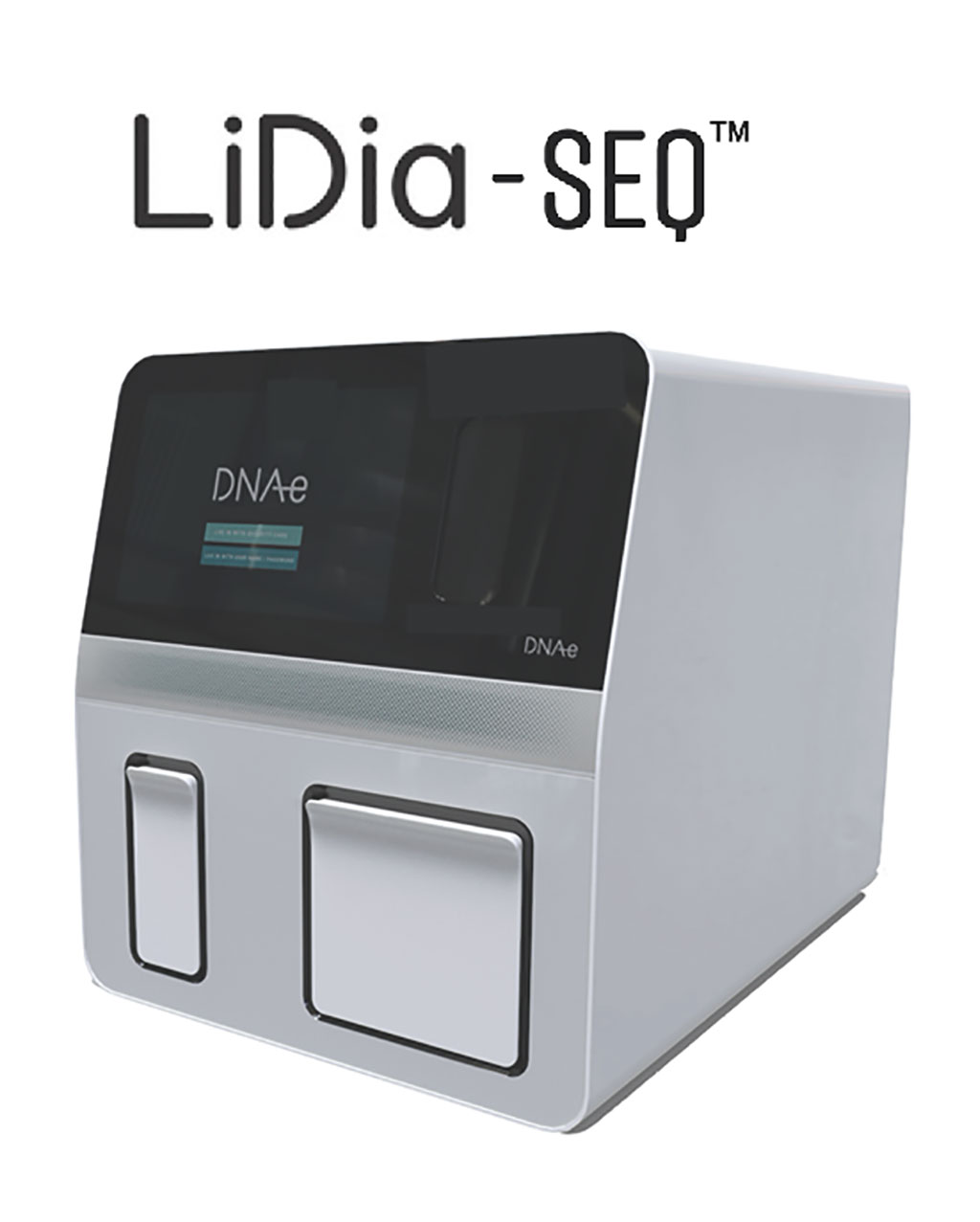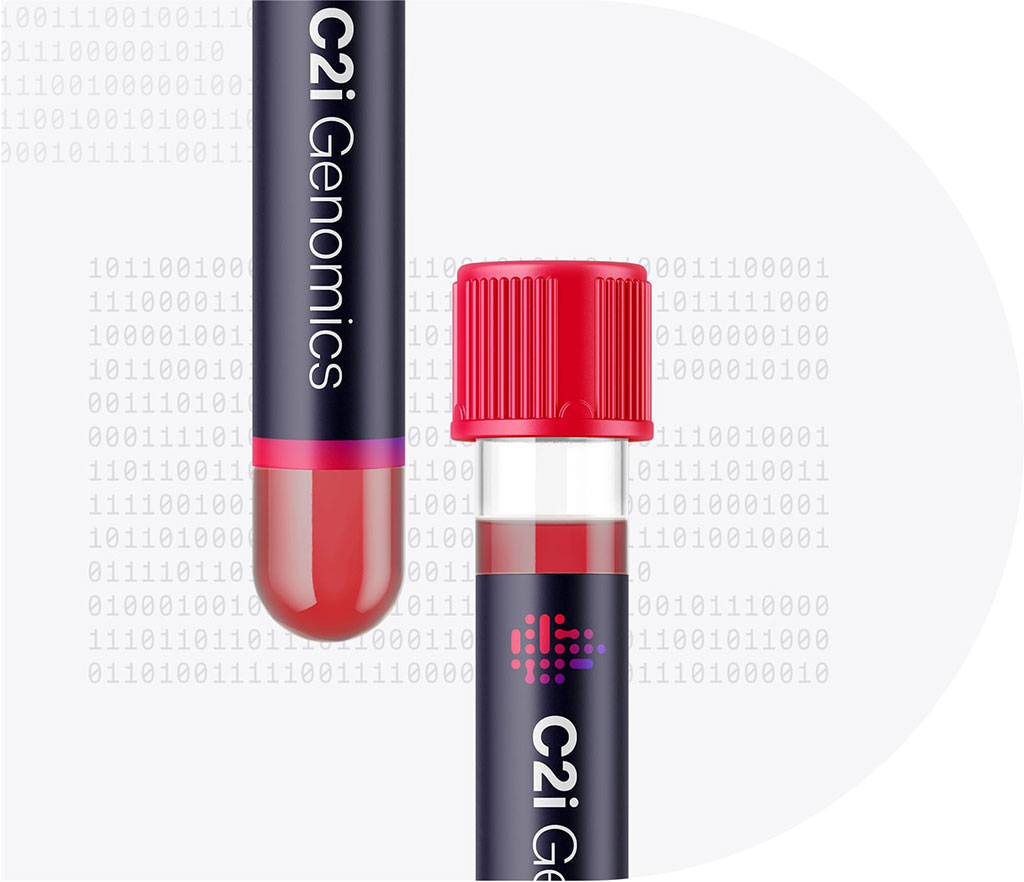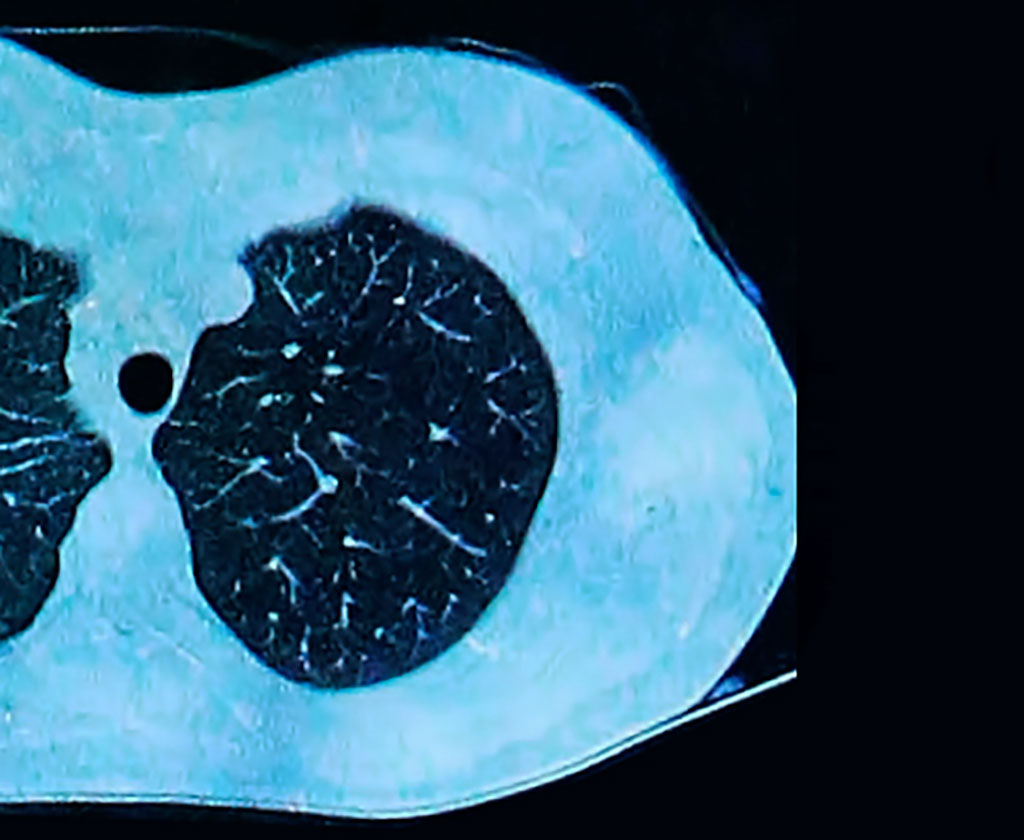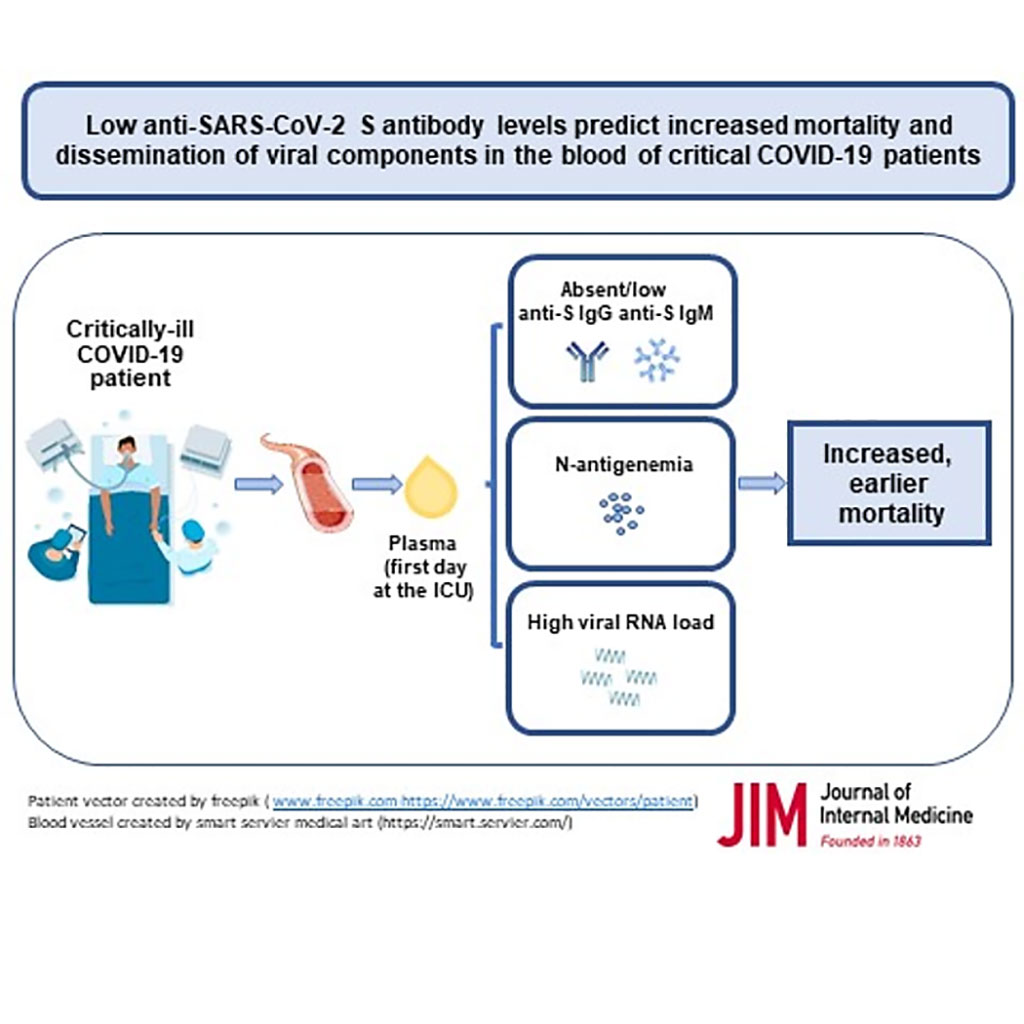Molecular Diagnostics



Blood Test Combines Cutting-Edge Genomics and AI to Identify Persistent or Recurrent Cancer
The world’s first whole-genome cancer intelligence platform combines artificial intelligence (AI) pattern recognition and whole-genome sequencing to provide rapid and specific detection of residual disease that is up to 100x more sensitive than competing technologies, while only using small samples of blood (1-2mL). More...26 Oct 2021

Revolution in Rapid Testing: A New Generation of Programmable Lateral Flow Assays
Researchers have modified and enhanced the commonly used lateral flow assay method by introducing a technique to control the rate of capillary flow, which enables the test strip to carry out multistep chemical reactions following a programmed sequence. More...25 Oct 2021


In Other News
Biohit’s Innovative GastroPanel Quick Test Receives CE Mark

Fecal Immunochemical Tubes Sourced to Analyze Gut Microbiome for CRC
First-of-Its-Kind Testing Device Allows For Rapid Detection of Bacteria That Identify Risk for Preterm Birth
Mutation Analysis Links Angioimmunoblastic T-Cell Lymphoma to Clonal Hematopoiesis
Unique Gene Detects Mycobacterium Tuberculosis in Clinical Sputum
Whole-Genome Sequencing Applied to Acutely Ill Infants
High Cell-Free DNA Integrity Is a Biomarker for Poor Breast Cancer Survival
Elevated Circulating Fatty Acid Synthase Is a Diagnostic Biomarker for Peripheral Artery Disease
Meridian Launches New Air-Dryable qPCR Mix Enabling Direct Detection of RNA from Whole Blood Samples
ALPK3 Truncating Variants Cause Autosomal Dominant Hypertrophic Cardiomyopathy
PCR Assay Detects and Differentiates Coccidioides Species
Next-Generation Multiomics Blood-Based Test for Pancreatic Cancer Could Become Powerful Tool for Early Diagnosis and Treatment
Liquid Biopsy Test Tracks Treatment-Based ctDNA Changes
New State-of-the-Art, Ultrasensitive Blood Test to Transform Detection of Brain Damage and Poor Prognosis After Head Injury
A Blood-Based Liquid Biopsy Combined with Machine Learning for Early Lung Cancer Diagnosis
Benign Hypertension-Causing Tumors Linked to Somatic Co-Driver Mutations
WHO Warning: Rapid Tests Misdiagnose Many Cases of P. falciparum Malaria in Africa
Next Generation Rapid Antibiotic Susceptibility Testing (AST) Platform Granted FDA Breakthrough Device Designation
IFN-γ Signature Distinguishes Pediatric Hemophagocytic Lymphohistiocytosis from Sepsis and SIRS
Liquid Bioassay for Ultrasensitive Detection of Circulating HPV DNA
New Non-Invasive Blood Test for Colon Cancer Presented at 2021 AACC Annual Scientific Meeting
Seegene Unveils New STARlet-AIOS All-in-One Solution for All Molecular Testing at AACC 2021
Visby Medical Presents New Portable PCR COVID-19 Test Kit at 2021 AACC Annual Scientific Meeting & Clinical Lab Expo
Genetic Testing channel of LabMedica brings the latest in molecular genetics, cytogenetics, and epigenetics, and methods from PCR to FISH, and more.










